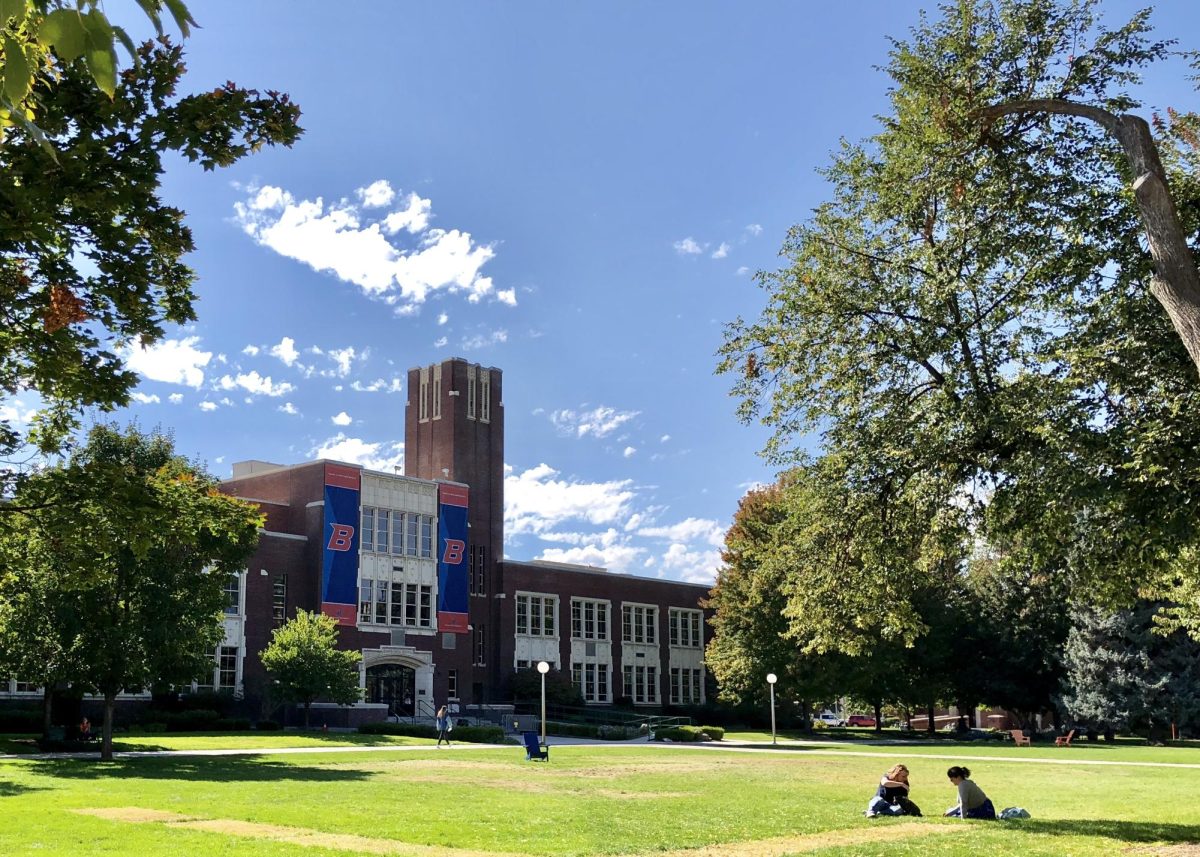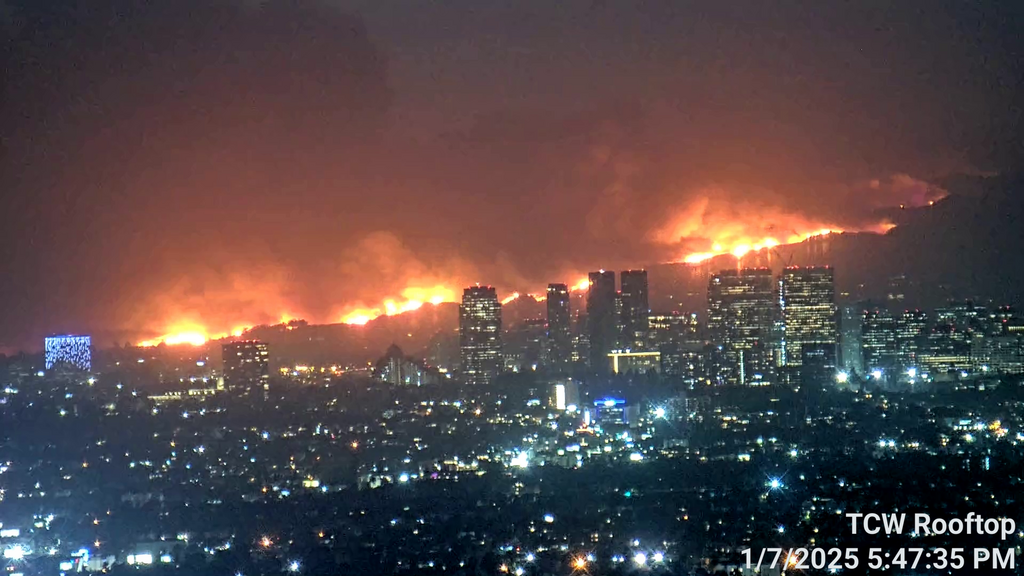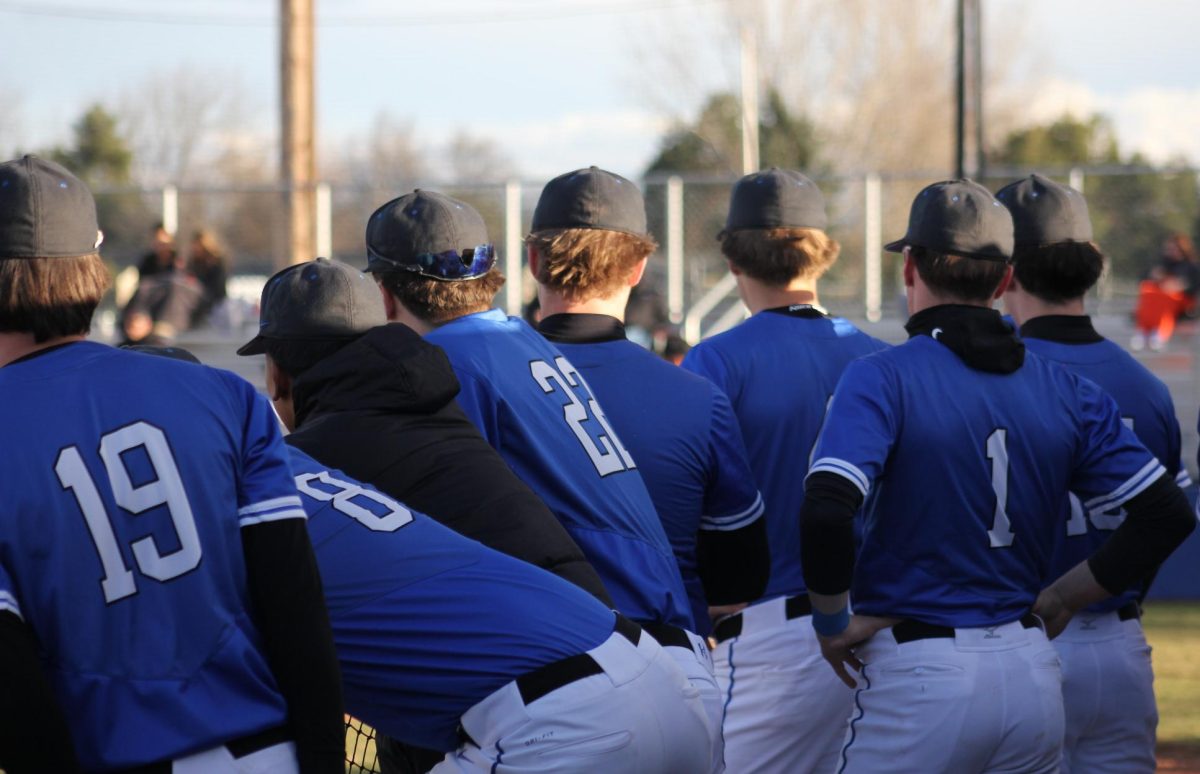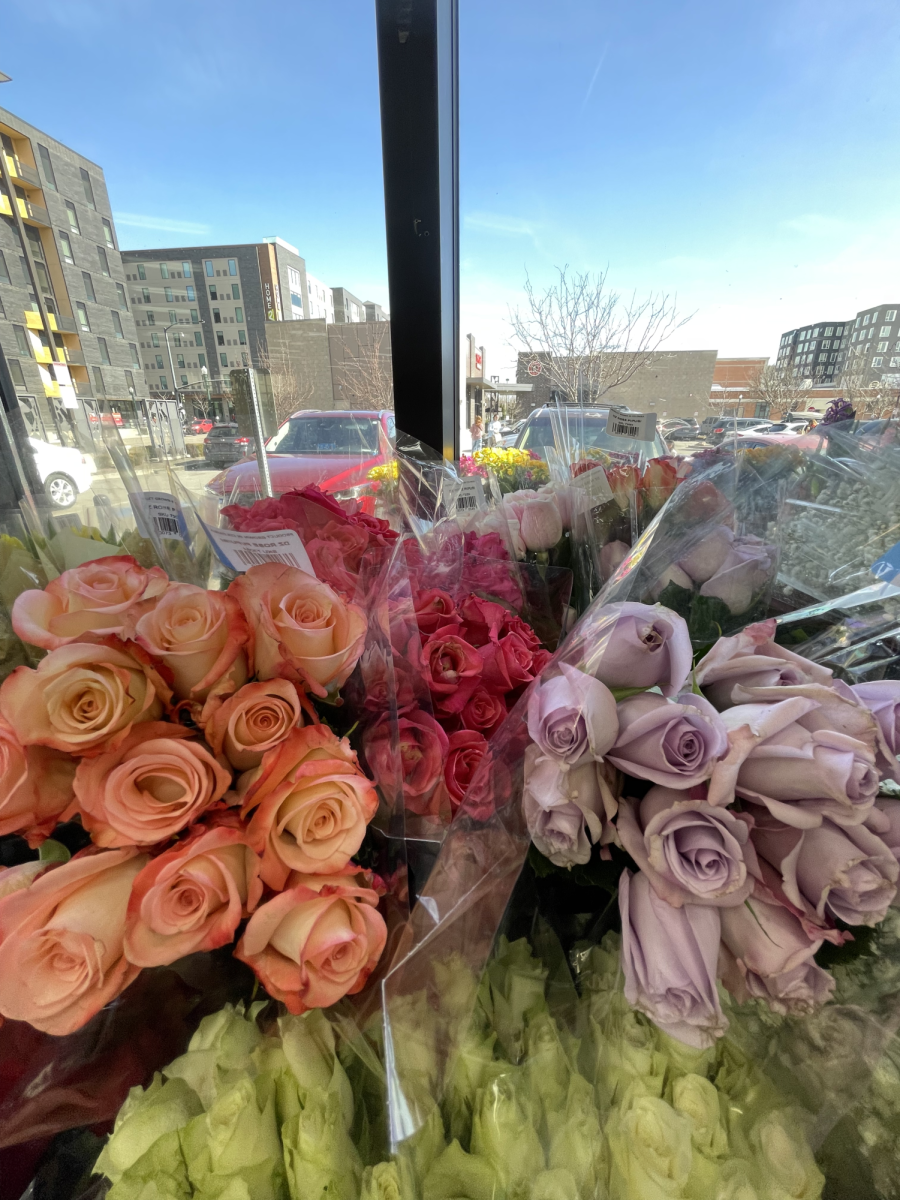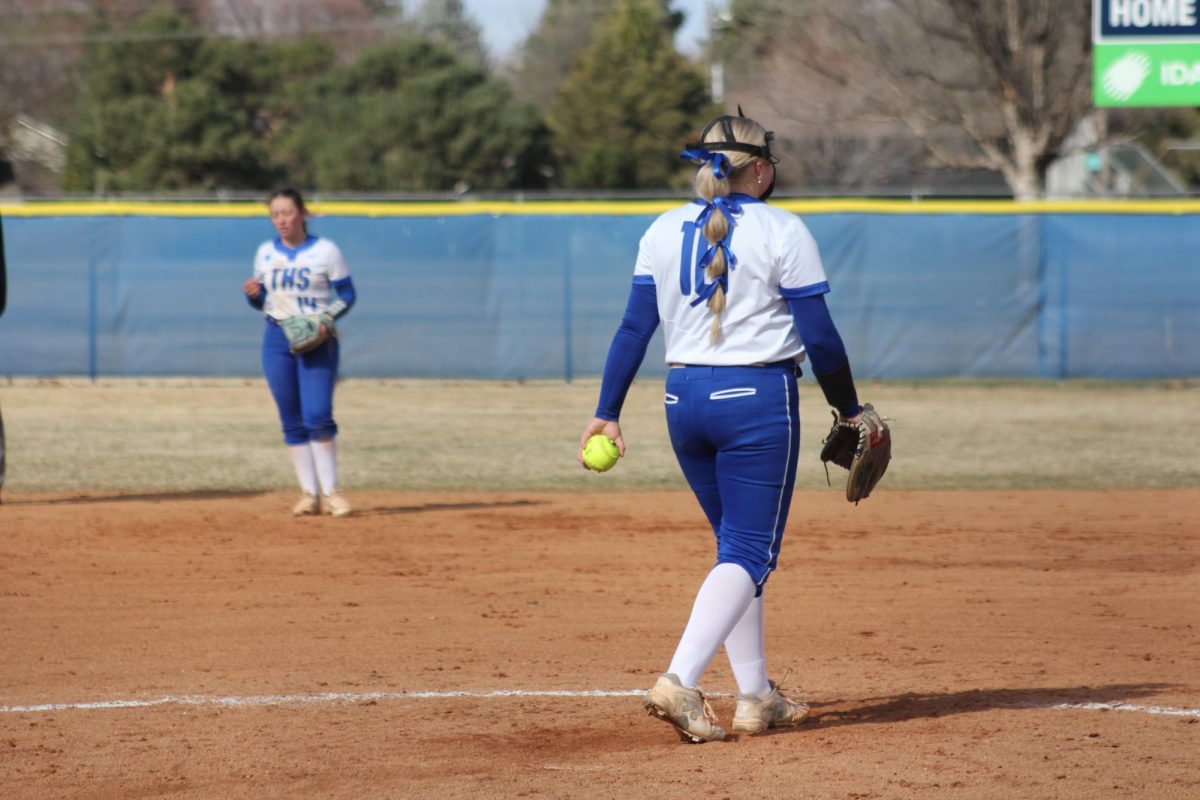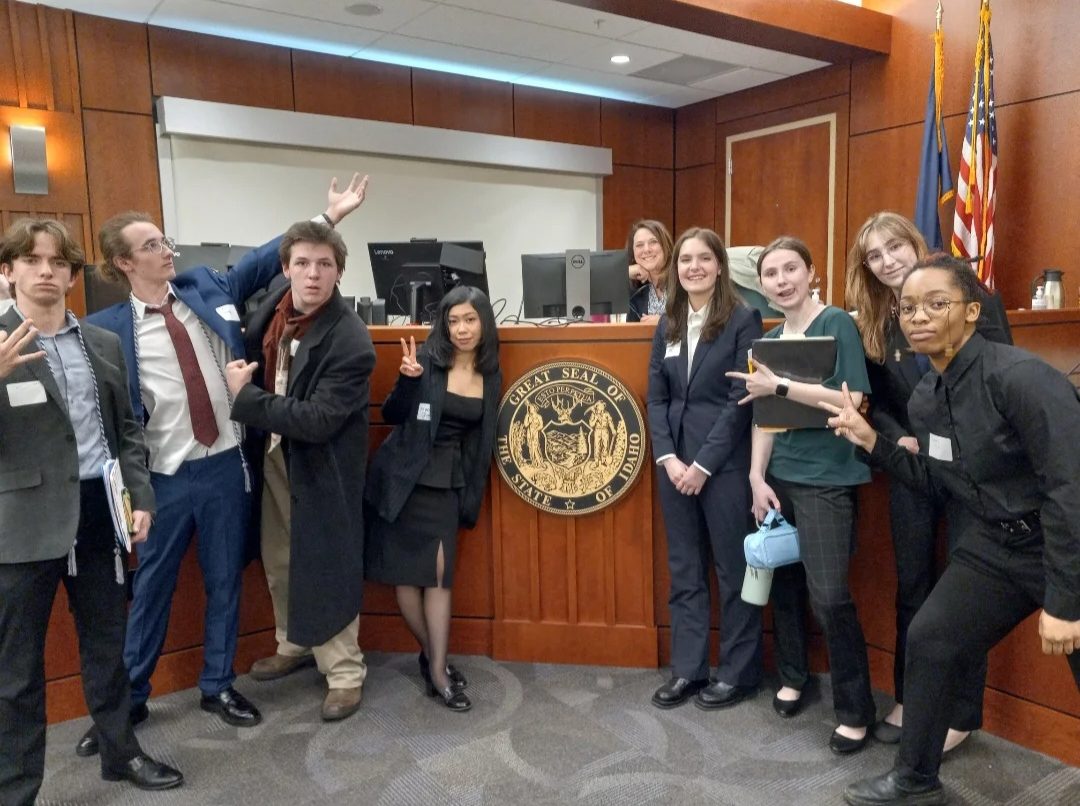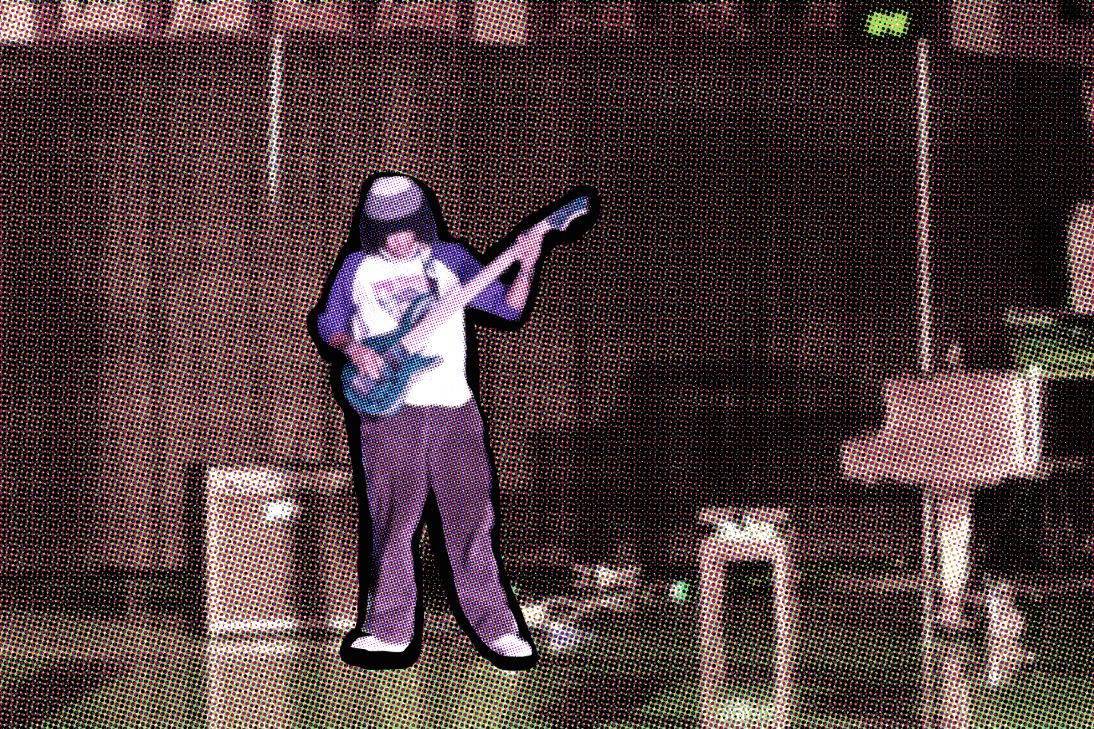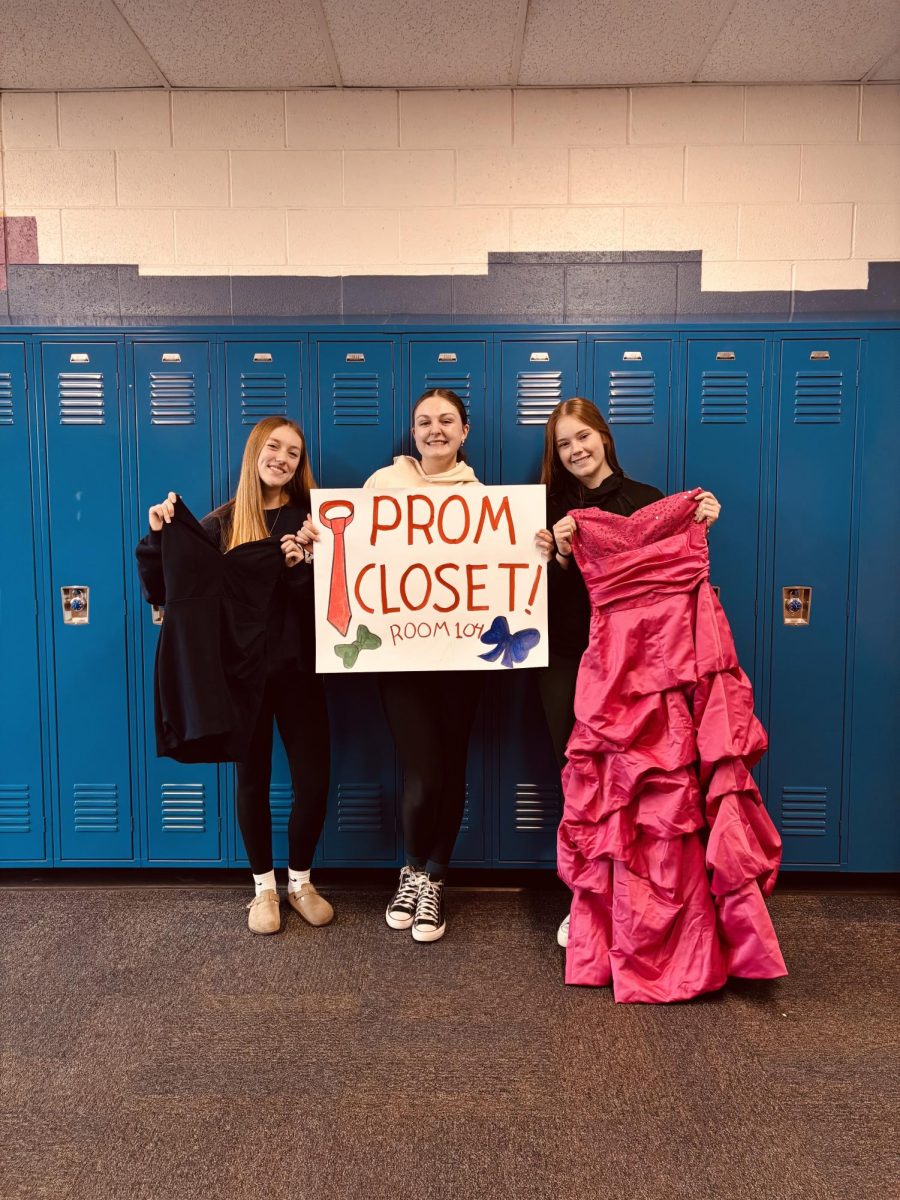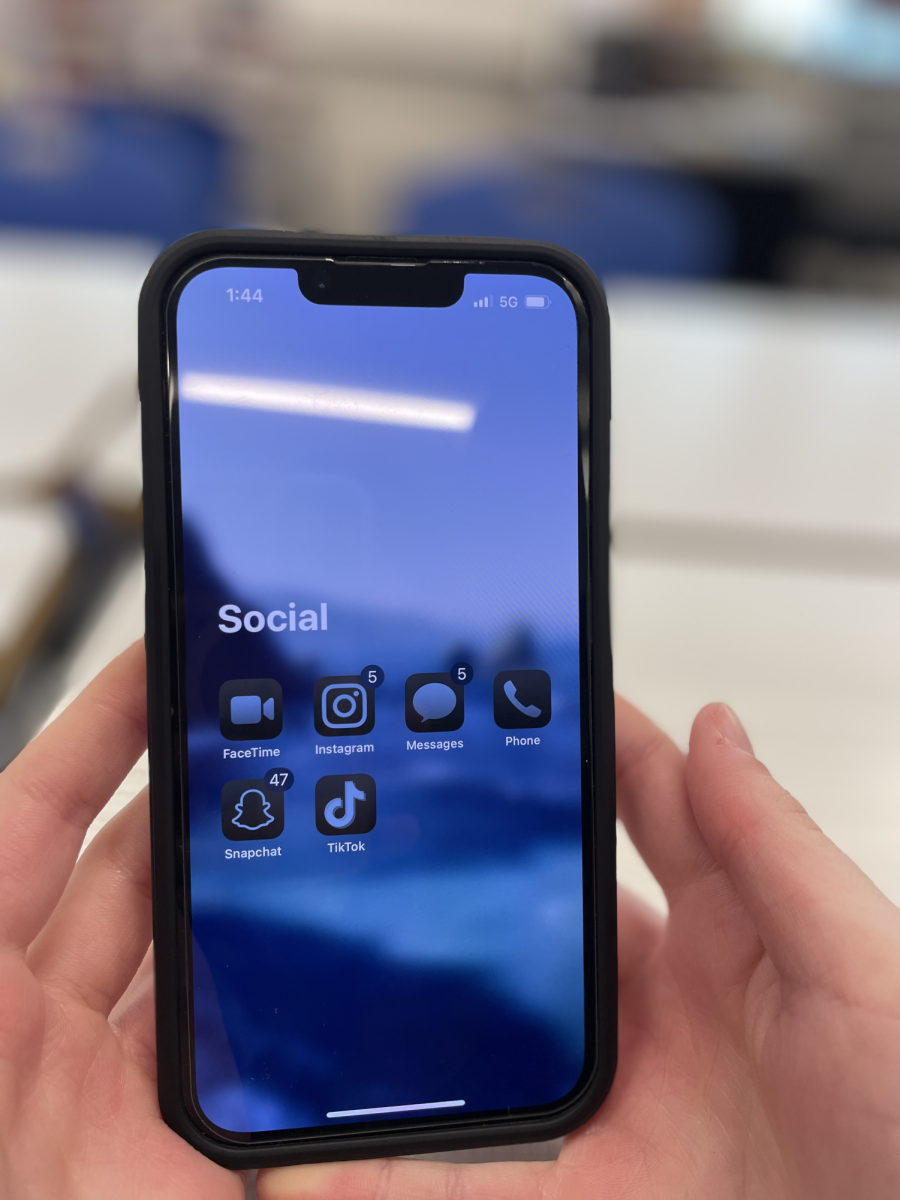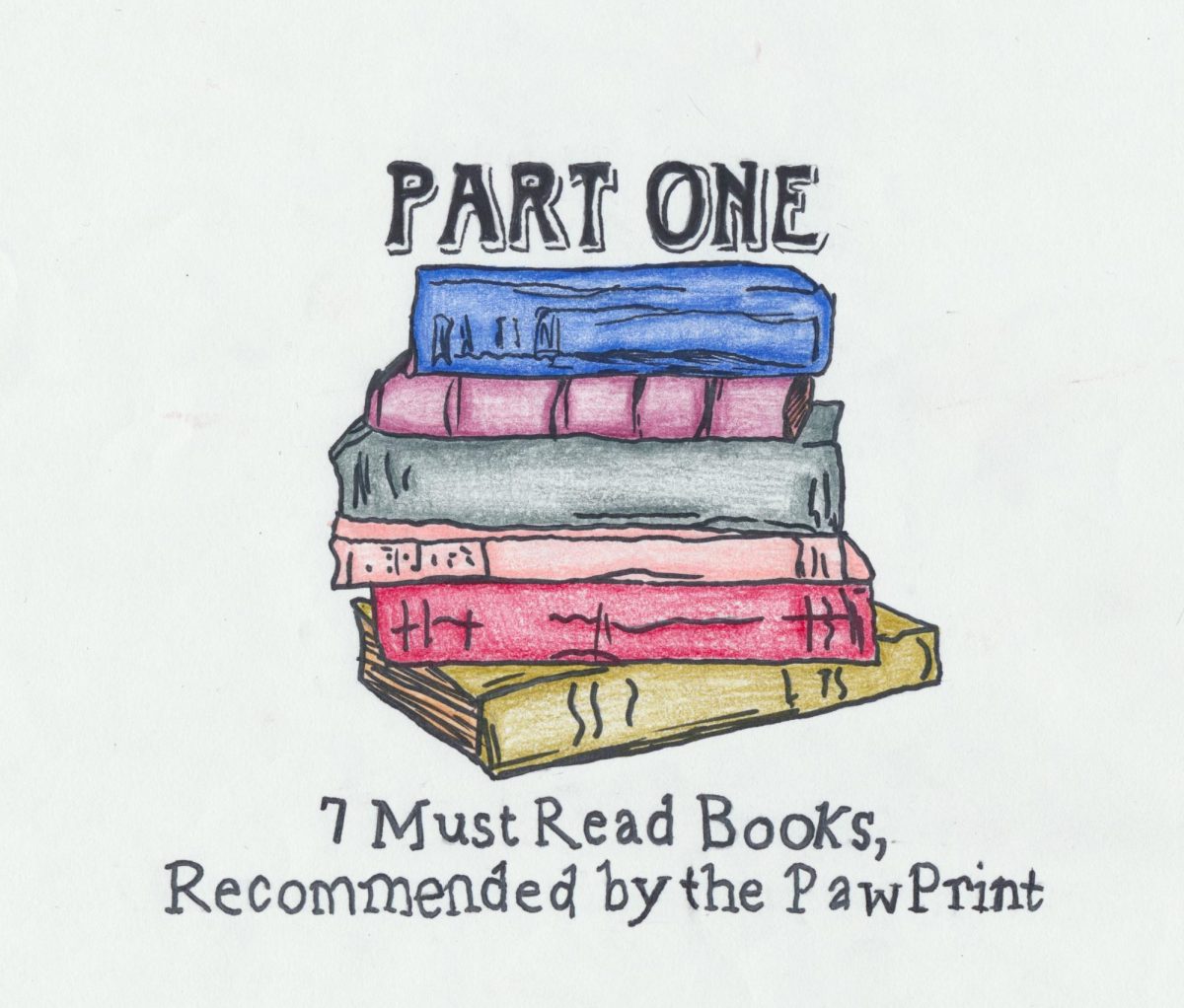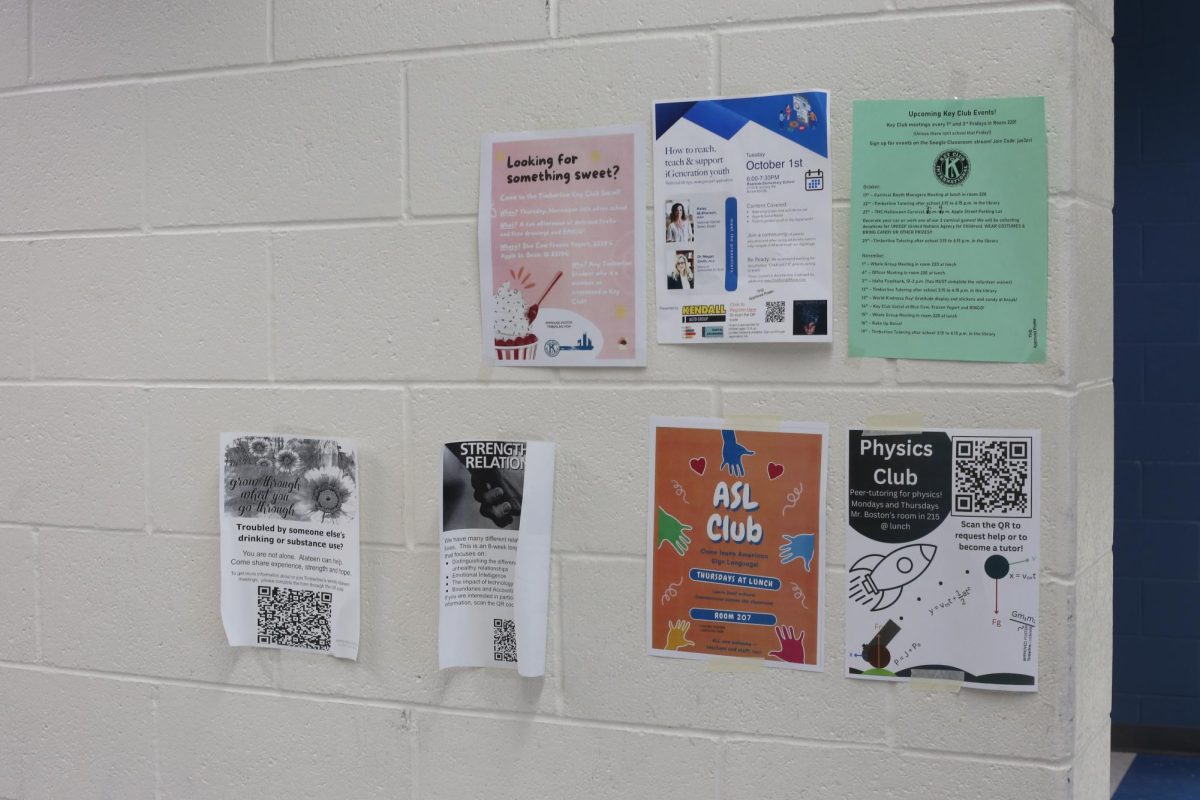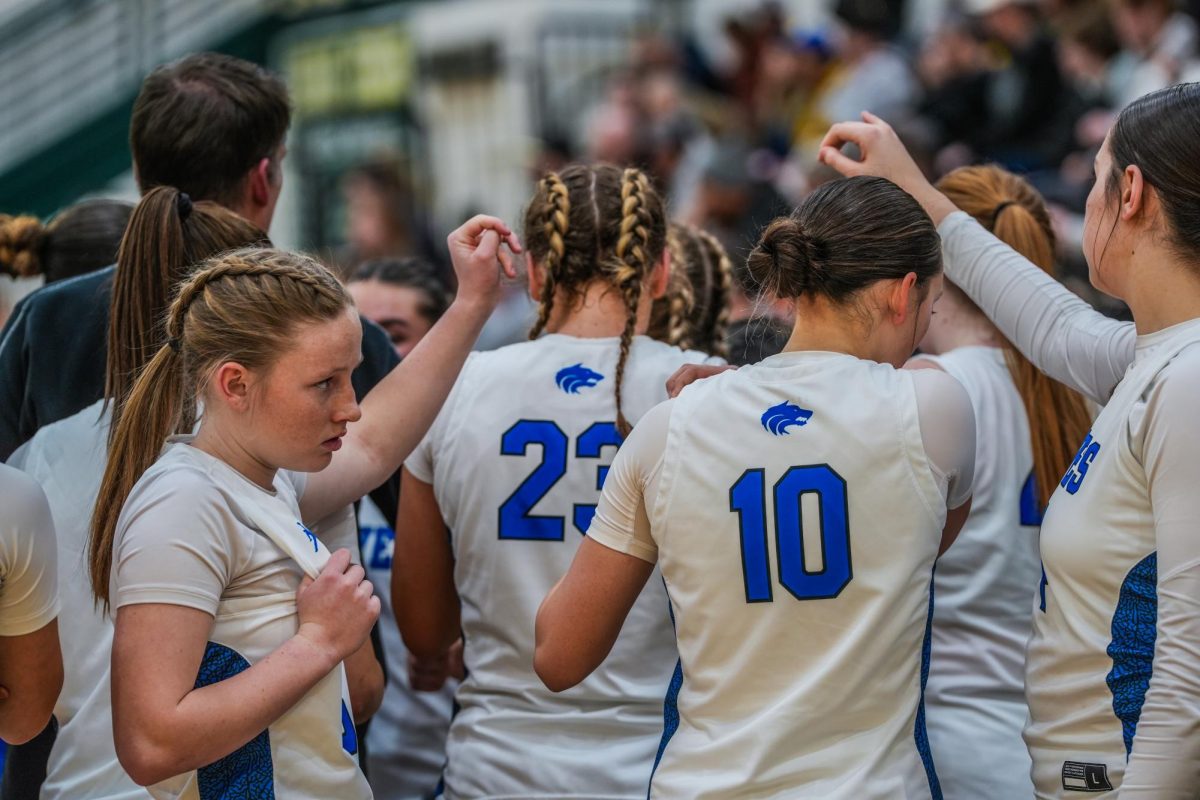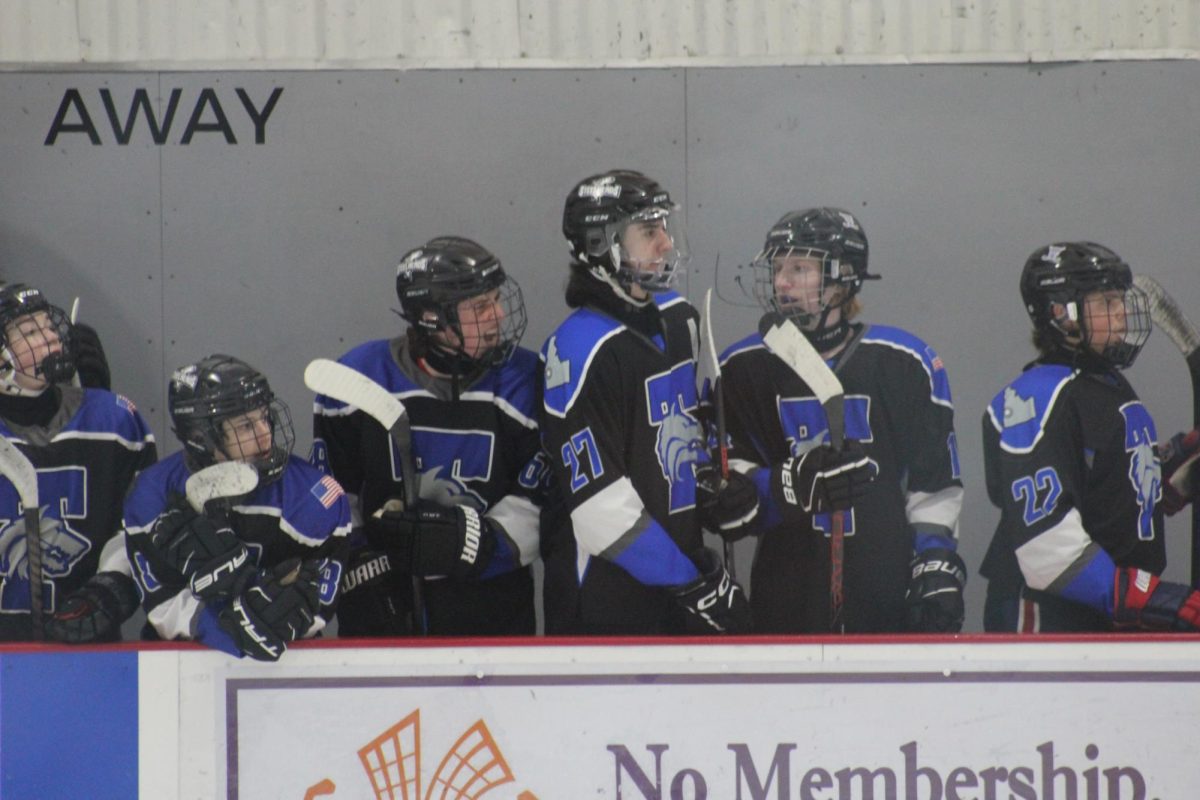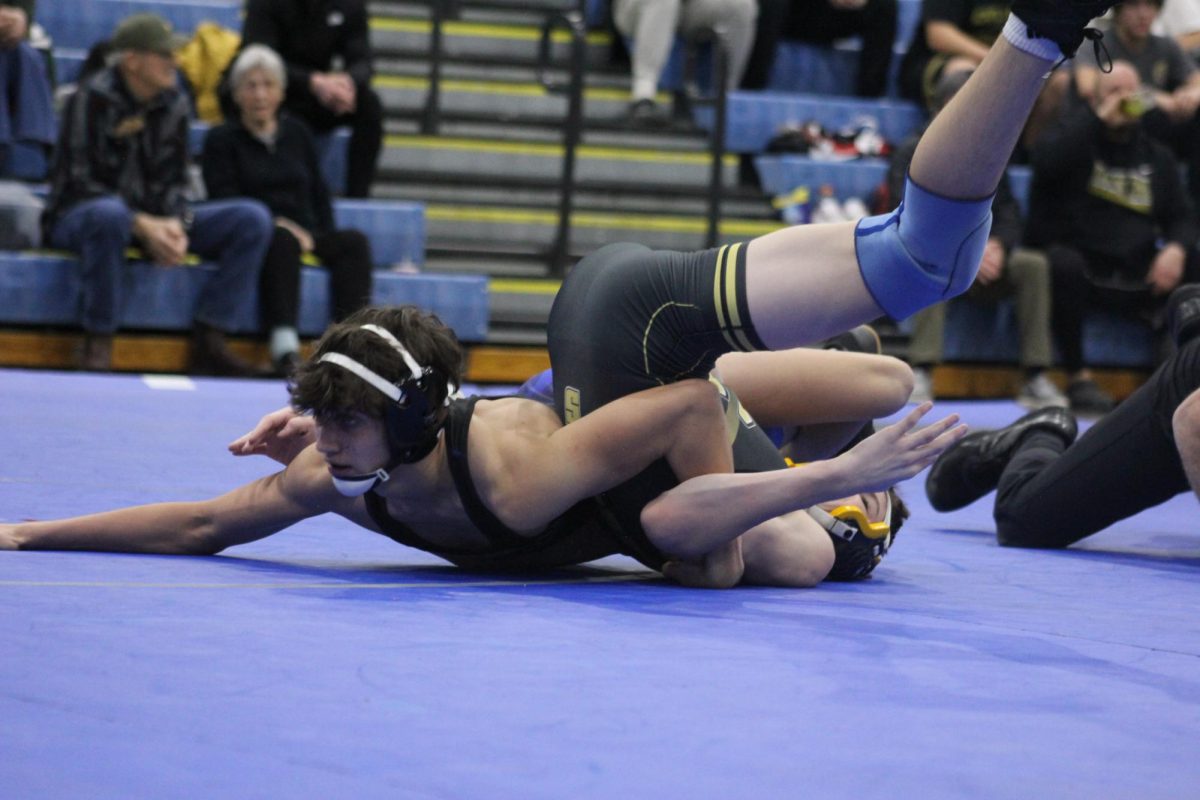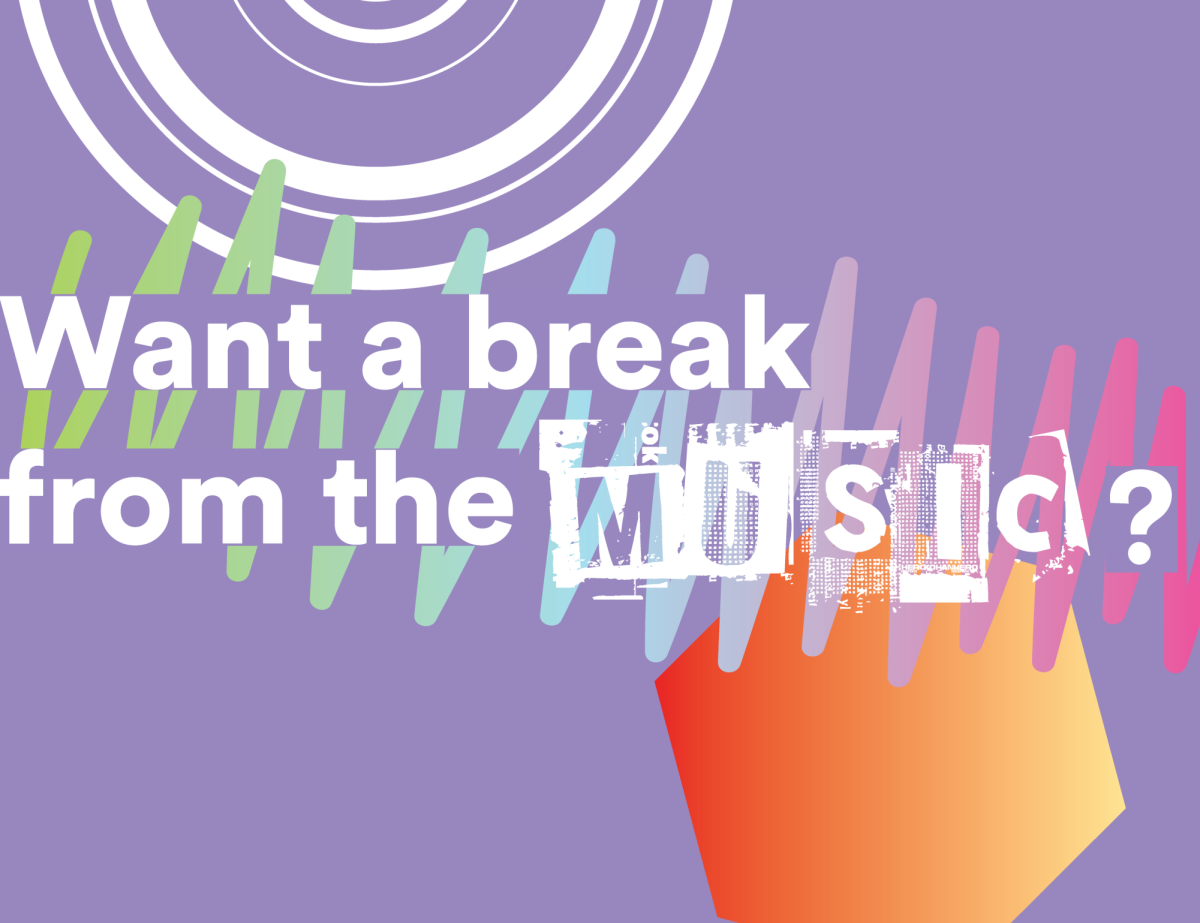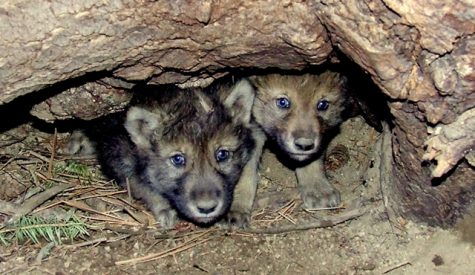How One App Is Bringing Authenticity Back To Social Media
Photo by: Ryan Reifschneider
Staff members Ryan Reifschneider, Ally Metzler, Claire Ivers, and Annabel Lawrence snap a BeReal in between diligent work.
October 20, 2022
Late in 2020, two French app developers released a social media app that they called BeReal. For almost two years their creation existed in relative obscurity, and it wasn’t until early 2022 when the app exploded across American college campuses. Today, BeReal occupies the #1 spot in social networking on the app store, with over 28 million downloads worldwide.

Staff writer Ryan Reifschneider snaps a BeReal with fellow writers Claire Ivers, Ally Metzler, and Annabel Lawrence.
So exactly how did BeReal launch itself into international fame? It seems that the secret sauce can be understood just by looking at the name: BeReal. The app has built itself off of its pledge to authenticity, a feat that few social media platforms can boast. Dubbed the “anti-instagram” by Yahoo, BeReal operates on one of the original principles of social media: genuinely interacting with friends.
For those of you unfamiliar with BeReal, the app works like this: every day, once a day, a notification goes off, with a blaring message – “It’s Time to BeReal.” From that point on, every user has a two minute window to take a snapshot of their life right at that moment, and post it. The photo is a dual camera; it takes one picture using the front facing “selfie” camera, and the other picture is taken using the back camera. This way, every user can showcase themselves, but also what they are doing. If you post after the two-minute window has expired, your friends will get a notification that you are late. While there are no real consequences to being late, a main goal of the app is to post as soon as possible. After you post, your friends can react to your BeReal either with an emoji or a photo of themselves.
To many, BeReal poses nothing new or particularly groundbreaking, but it’s important to note key differences. Firstly, there are no follower counts whatsoever. In fact, BeReal encourages users to only connect with their friends, by prompting you to befriend your contacts when you create your account. On BeReal, there’s no competition or editing, it’s simply about showing what’s going on in your life at that exact moment.

U.S. President Joe Biden poses for a BeReal along with Chief Medical Advisor Anthony Fauci and United States Surgeon General Vivek Murthy to encourage annual vaccines.
Yet after so many years of filters and posed photos amidst the popularity of Facebook and Instagram, BeReal’s success, especially within the younger generation, is somewhat of a mystery. It has disrupted the dominance of Meta’s social media monopoly with shocking swiftness, leaving critics pondering over its fame. Some have suggested that BeReal’s popularity indicates a trait not typically associated with the young people of today: a desire for authenticity.
It’s counterintuitive to think that the generation who spends the most time online prefer an app that is so different from the internet, but it’s true. While Generation Z, those born after 1996, (Pew Research Center) has grown up along with social media, it appears that GenZers are beginning to desire a greater level of genuine interactions in the online world. And while 65% of GenZers say they use social media on a daily basis, (Sproutsocial.com) a 2022 study conducted by Roberta Katz at Stanford University’s Center for Advanced Study in the Behavioral Sciences found that their preferred type of communication is in person. “We expected the interviewees to respond with their favorite type of digital communication—text, email, chat group, DM, FaceTime, Skype—but instead nearly every single person said their favorite form of communication was ‘in person,” said Katz, which surprised nearly all the researchers involved.
So while BeReal still is a social media app, it is about as authentic as any platform can get. The truth is, BeReal’s popularity isn’t a coincidence, but rather a reflection of the values held by the young people of today. While apps like Instagram and Facebook are still quite popular, the usage of BeReal could potentially indicate a move away from the age of fabricated filters and posing in idyllic locations. Instead, the future of social media could become one that relies far more on the relatability of the user. Only time will tell whether BeReal is simply another trend, or if it will help to change the way we see social media today.
